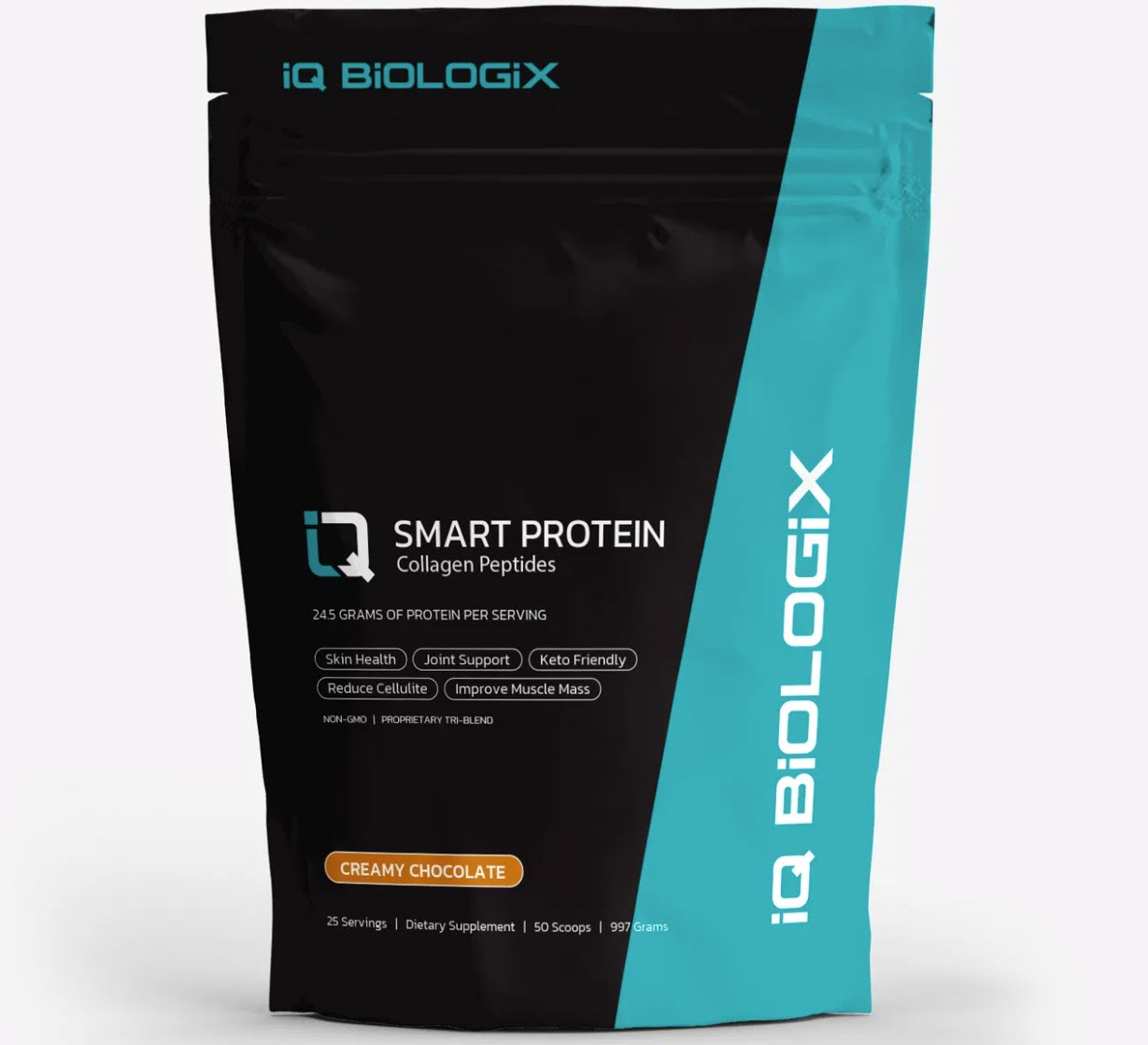Category:
Where Do I Start? A Beginner's Guide To Adding Supplements To Your Lifestyle

Embarking on a journey toward better health often begins with a single step, but when it comes to dietary supplements, many find themselves pondering, "Where do I start?"
The world of supplements can seem like a labyrinth of options, each promising to unlock the key to vitality, wellness, and peak performance. This guide is here to demystify the process, helping you integrate supplements into your lifestyle with confidence and clarity.
Understanding the Role of Supplements
Firstly, it's essential to understand what supplements are meant to do. They are not replacements for a balanced diet but rather enhancements or insurance policies for nutritional gaps that might be present due to dietary restrictions, lifestyle choices, or specific health needs.
Here’s why considering supplements might be beneficial:
- Nutritional Support: Even the most well-planned diets might miss out on certain nutrients due to soil depletion, food processing, or personal dietary choices.
- Health Goals: Whether it's building muscle, supporting immune function, enhancing cognitive abilities, or managing stress, there are supplements tailored to help achieve these objectives.
- Convenience: For those with busy lives, supplements can provide an efficient way to ensure you're getting essential nutrients without the need for multiple meals.
Steps to Start Your Supplement Journey
1. Assess Your Needs
Begin by evaluating your health goals and current diet.
Are you looking to boost energy, improve skin health, or support bone density?
Consider getting a basic health check-up or a consultation with a nutritionist:
- Blood Tests (such as our SiPhox-backed health tests): They can reveal deficiencies in vitamins like D, B12, or iron.
- Dietary Analysis: A professional can help pinpoint where your diet might be lacking.
2. Research and Educate
Not all supplements are created equal. Look for:
- Quality: Opt for brands that are transparent about sourcing, have third-party testing, and adhere to Good Manufacturing Practices (GMP).
- Research: Supplements like Vitamin D, Omega-3 fatty acids, probiotics, and magnesium have solid research backing their benefits.
3. Start Simple
Overwhelm is a common pitfall:
- One at a Time: Begin with one supplement addressing your primary need (for instance, a complete multivitamin). Once you've integrated it, you can consider adding another.
- Standard Dosage: Follow recommended dosages unless advised otherwise by a healthcare provider.
4. Monitor Your Body’s Response
Supplements should be taken with an eye on how your body responds:
- Notice Changes: Increased energy, better sleep, or improved mood can be signs of a supplement doing its job.
- Keep a Log: Document your intake and any changes in health or wellbeing to discuss with your healthcare provider.
5. Integrate into Your Routine
Consistency is key with supplements:
- Timing: Some nutrients are better absorbed with meals (like fat-soluble vitamins), while others might work better on an empty stomach.
- Reminder Systems: Use apps, pillboxes, or set alarms to ensure you don’t miss doses.
Conclusion
Adding supplements to your lifestyle isn't just about popping pills; it's about making an informed choice that aligns with your health philosophy and goals.
Start small, educate yourself, and listen to your body.
Remember, the goal isn't to replace whole foods but to complement them, ensuring you're giving your body everything it needs to thrive.
By following these steps, you can navigate the supplement landscape with ease, making choices that enhance your health journey rather than complicate it.
Like what you see? Share with a friend.
SEE RELATED POSTS











